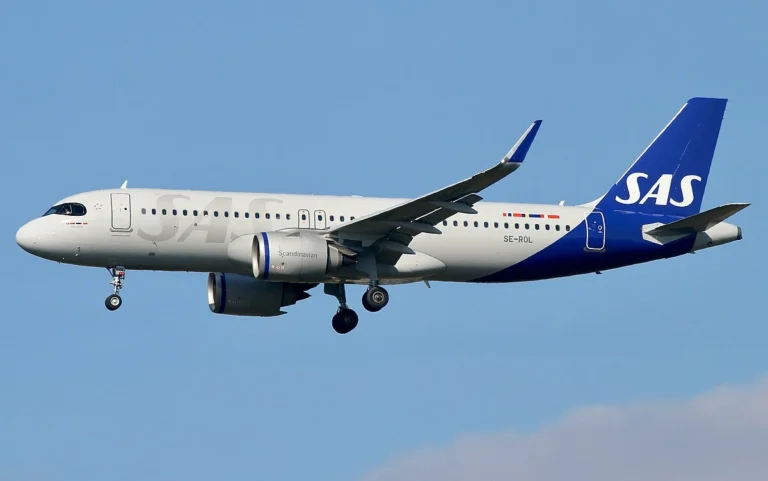ARLANDA- A SAS Scandinavian Airlines (SK) flight attendant faced legal consequences after failing an alcohol screening test before a scheduled flight from Arlanda Airport (ARN) to Copenhagen (CPH) in early March 2025.
Officers escorted her to Arlanda’s police station for formal breathalyzer testing, which measured her blood alcohol content at 0.26 per mille, exceeding Sweden’s 0.2 per mille legal threshold for aircraft and vehicle operation.
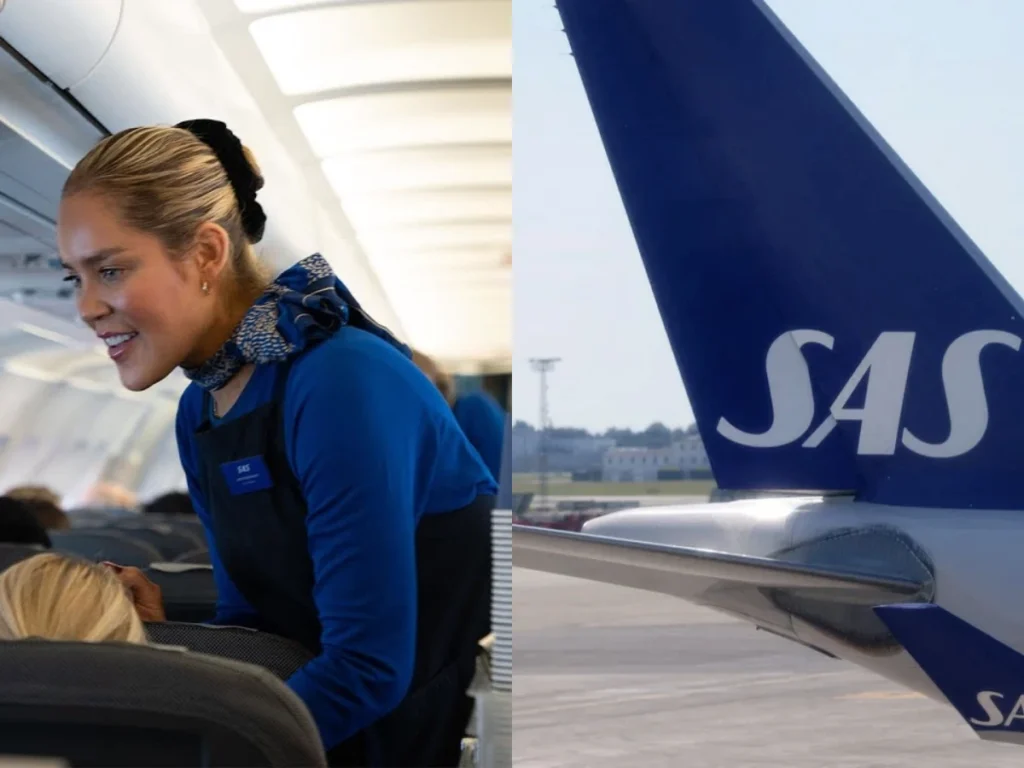
SAS Flight Attendant Drunk
Police officers boarded the aircraft around 20:00 and conducted routine alcohol screening tests on all crew members. The flight attendant was the only crew member who tested positive, reported Aviation24.be.
Officers immediately removed her from the aircraft and transported her to the Arlanda police station for a formal breathalyzer test. Results showed her blood alcohol level at 0.26 per mille, exceeding Sweden’s legal limit of 0.2 per mille for aviation personnel.
During questioning, the flight attendant confessed to consuming 2-3 beers the night before the flight, stating she had stopped drinking between 21:00 and 22:00. She expressed surprise at the test results, maintaining she felt completely fit for duty.
“I felt completely in shape… I don’t think I drank much at all.”
SAS Flight Attendant
She also noted that her limited food intake since breakfast may have affected her body’s ability to process the alcohol.
ALSO READ: Two Drunk Japan Airlines Pilots Delays Flight from Australia
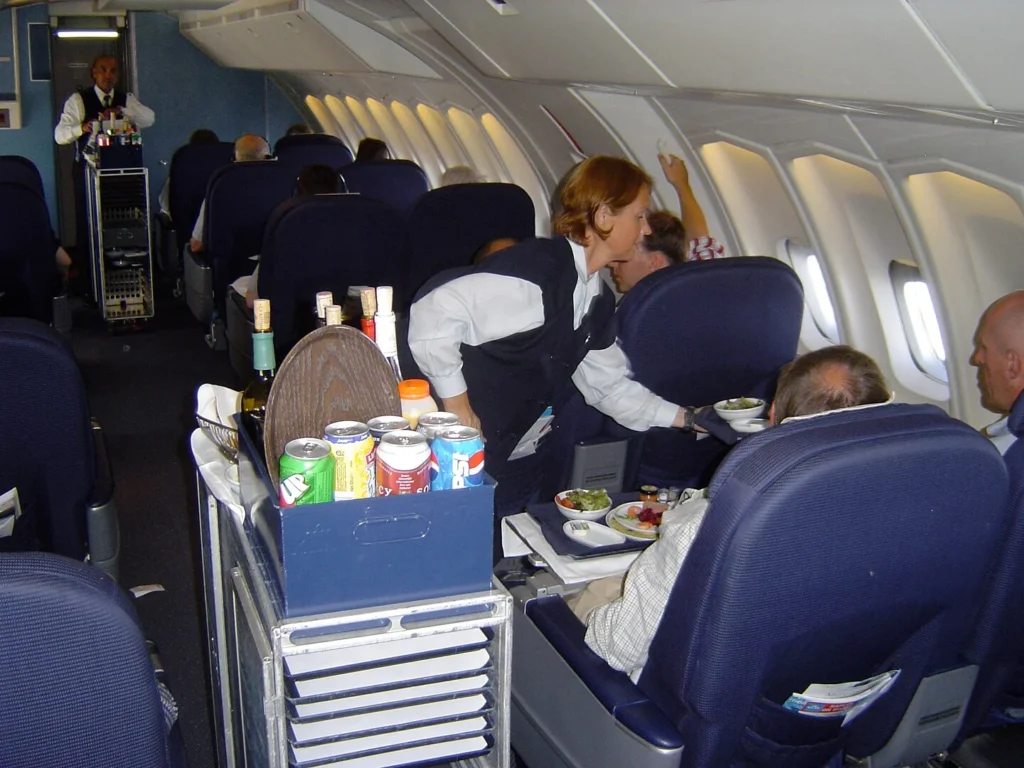
Legal Proceedings
The Attunda District Court is now handling the case, with the flight attendant facing formal charges of drunkenness. Aviation authorities consider this a serious offense due to the safety-critical nature of flight crew responsibilities. If convicted, she could face both professional consequences and legal penalties under Swedish law.
The incident serves as a reminder of the aviation industry’s stringent safety measures and a zero-tolerance approach to alcohol consumption among flight crews.

Sweden’s Strict Aviation Alcohol Policies
Sweden maintains some of the strictest regulations regarding alcohol consumption for flight crews in the aviation industry. The country’s aviation authority requires flight crews to adhere to an “eight-hour bottle-to-throttle” rule at minimum, though most airlines extend this period to 12 hours (India has a 12-hour rule).
Sweden’s blood alcohol concentration limit of 0.2 per mile for aviation personnel is significantly lower than many other countries, reflecting the nation’s zero-tolerance approach to alcohol in safety-critical positions.
Swedish aviation regulations also mandate random alcohol testing for flight crews, with substantial penalties for violations, including license suspension, termination of employment, and criminal charges in severe cases.
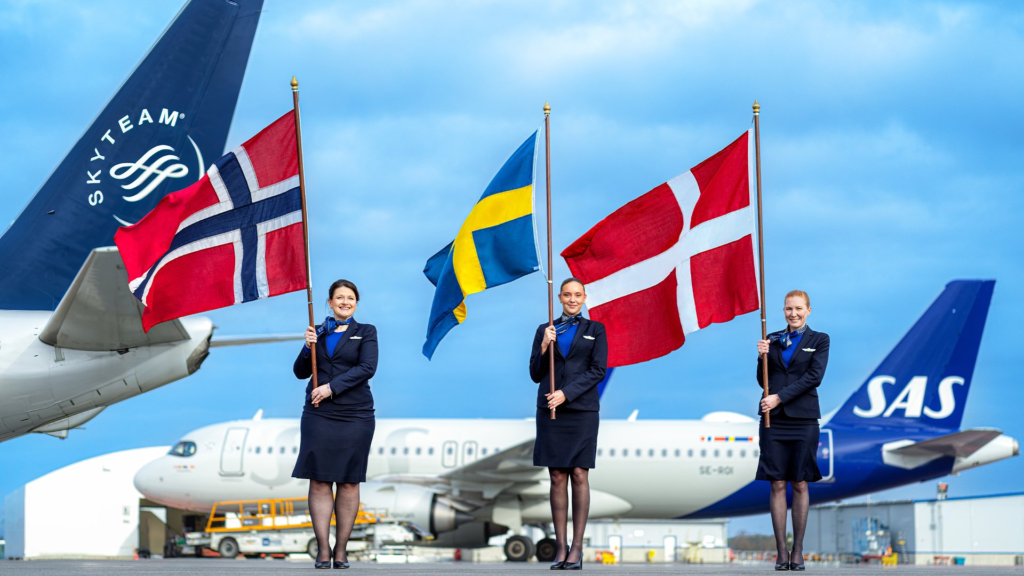
SAS Airlines’ Alcohol Policy
SAS Scandinavian Airlines (SK) enforces an even stricter alcohol policy than the national requirements. The airline maintains a “12-hour rule” prohibiting crew members from consuming any alcohol within 12 hours before reporting for duty. Additionally, SAS requires its crew members to ensure they are completely free from the effects of alcohol when reporting for work.
The airline conducts its internal testing program in addition to the official government checks. SAS policy states that any crew member found with alcohol in their system faces immediate suspension and a thorough investigation that typically leads to termination for confirmed violations.
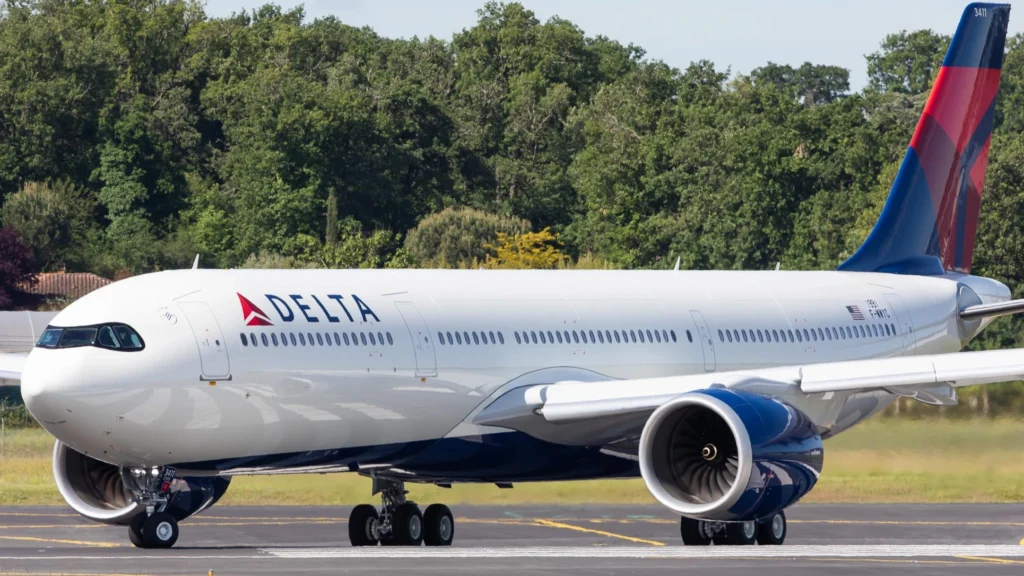
Similar Incident
Similarly, on Friday, November 29, 2024, two Delta Air Lines (DL) flight attendants were arrested in Amsterdam after failing breathalyzer tests shortly before their scheduled international flight to New York. The incident occurred during a comprehensive law enforcement operation at Amsterdam Schiphol Airport.
Dutch police discovered the crew members were intoxicated following their Thanksgiving layover in Amsterdam. The female flight attendant tested at 1.43 grams per liter of blood alcohol, seven times above the European aviation regulatory maximum of 0.2 grams per liter. Her male colleague registered 0.24 grams per liter, slightly exceeding the legal limit.
Authorities imposed a €1,900 (approximately US $2,000) fine on the female flight attendant, while her male counterpart received a €275 fine for his marginal violation. The incident highlighted the strict enforcement of alcohol consumption regulations in aviation.
Delta Air Lines immediately suspended both flight attendants and indicated potential termination proceedings would follow. Despite the last-minute removal of these crew members, flight DL49 demonstrated operational resilience, departing Amsterdam with only a 20-minute delay and ultimately arriving in New York ahead of schedule.
The arrests came during a large-scale operation where local and national police conducted breathalyzer tests on 445 pilots and flight attendants within a three-hour window at Schiphol Airport on Friday morning.
European aviation regulations mandate stringent alcohol restrictions for aircrew, with the Netherlands specifically prohibiting pilots and flight attendants from consuming alcohol within 10 hours of a flight. The European Air Safety Agency cautions that simply following this “bottle to throttle” time restriction does not guarantee compliance with legal blood alcohol concentration limits.
Since February 2021, European countries have implemented random alcohol breath testing for aircrews, with foreign aviation personnel subject to these tests through the Safety Assessment of Foreign Aircraft inspection program, reflecting the industry’s commitment to maintaining international aviation safety standards.
Stay tuned with us. Further, follow us on social media for the latest updates.
Join us on Telegram Group for the Latest Aviation Updates. Subsequently, follow us on Google News

